Against the backdrop of another year of record profits for Australia’s banks and supermarket chains, coupled with bolstered government budget bottom lines, Western Australian households – especially those on the lowest incomes – are doing it tougher than ever, as highlighted in WACOSS’ 2023 Cost of Living Report.
Reports from frontline community sector organisations have made it very clear that Western Australians, by and large, are feeling the pressure of wage inequity and increasing costs.
Households are struggling to cover the cost of groceries, interest rates have risen to heights not seen in more than a decade, and rental prices continue to skyrocket, making it harder for people to keep a roof over their heads.
Meanwhile, the nation’s largest banks and supermarket chains have posted substantial increases to their profits this year alone.
Each of the modelled household types saw a deterioration in their financial position on last year’s Cost of Living Report, with the single parent family, two parent family, unemployed single and renting age pensioner falling past the point where their income in sufficient to cover their basic living costs.
Local community services have reported ‘inadequate access to safe and secure housing’ to be the greatest threat to Western Australians in this cost of living crisis, with large numbers of clients falling well behind on their rents due to unsustainable increases by landlords. Each household’s rent increased by 13-14 per cent, putting them in rental stress.
Unable to cover increasing rental costs, households are reaching out for support, with demand for emergency relief funds to cover arrears rapidly growing.
Western Australian Council of Social Service Chief Executive Officer Louise Giolitto said:
“It has clearly been a tough year for the majority of Western Australians and particularly those most vulnerable in our communities.
“The rental crisis – within in the cost of living crisis – presents a major challenge for us heading into 2024. Federal Government intervention is required immediately, by increasing income support and Commonwealth rent assistance.
“In the lead-up to the festive season (and post-compilation of this annual report), our emergency relief organisation members have reported further dire circumstances, with substantially more clients in desperate situations seeking help than at this point last year.
“Wages continue to lag and income support is now substantially below basic living costs. Government intervention to provide support and ensure fair outcomes for all Australians is clearly needed.
“Raising the rate of JobSeeker, and other federal income support payments like rent assistance, is essential for ensuring that those who are unemployed are able to cover the costs of meeting a standard of living in line with community expectations.
“We acknowledge the State Government’s introduction of a rent relief scheme. The 2023 Cost of Living Report shows just how vital this scheme is. We look forward to seeing the first payments being rolled out before the end of the year.”
WACOSS’ Cost of Living Report outlines the impact of increasing costs on families and communities and offers a call to action – asking communities and government to support change for the common good and stand strong against opposition rooted in self-interest.
Responding to this call is the only way we can create a Western Australia where all families, communities and individuals can thrive.




